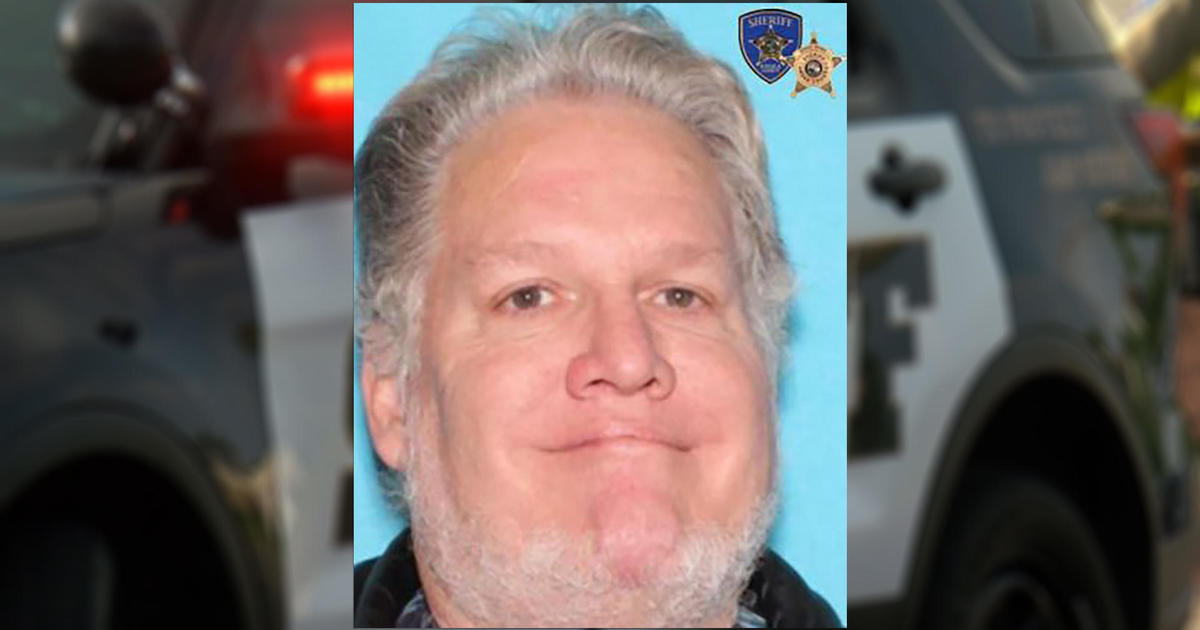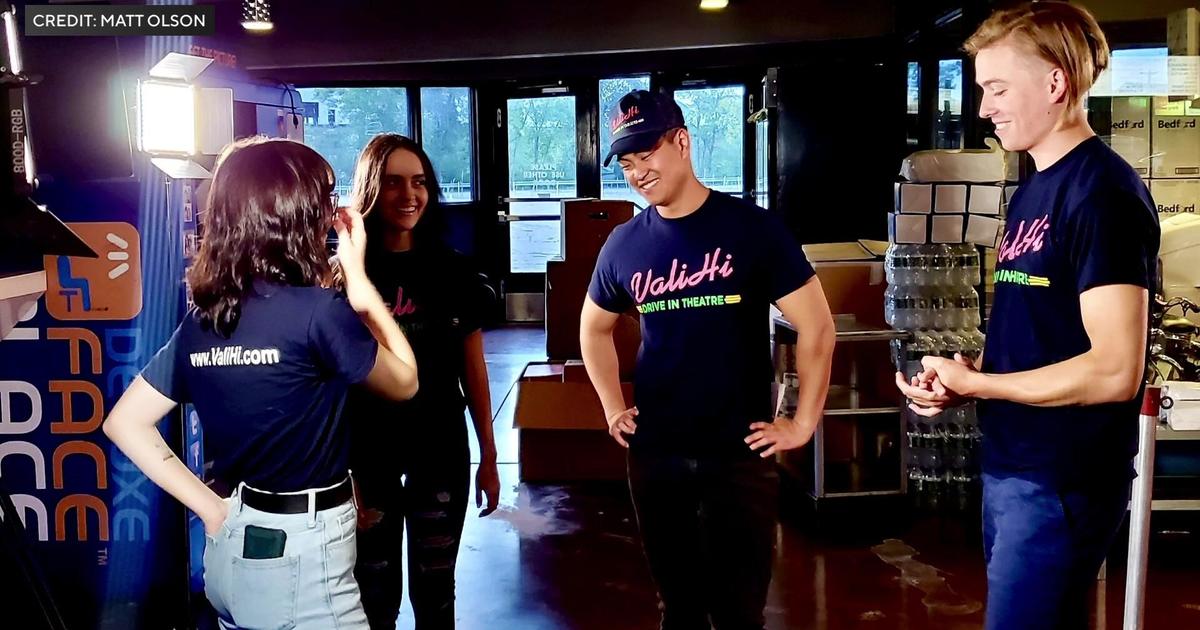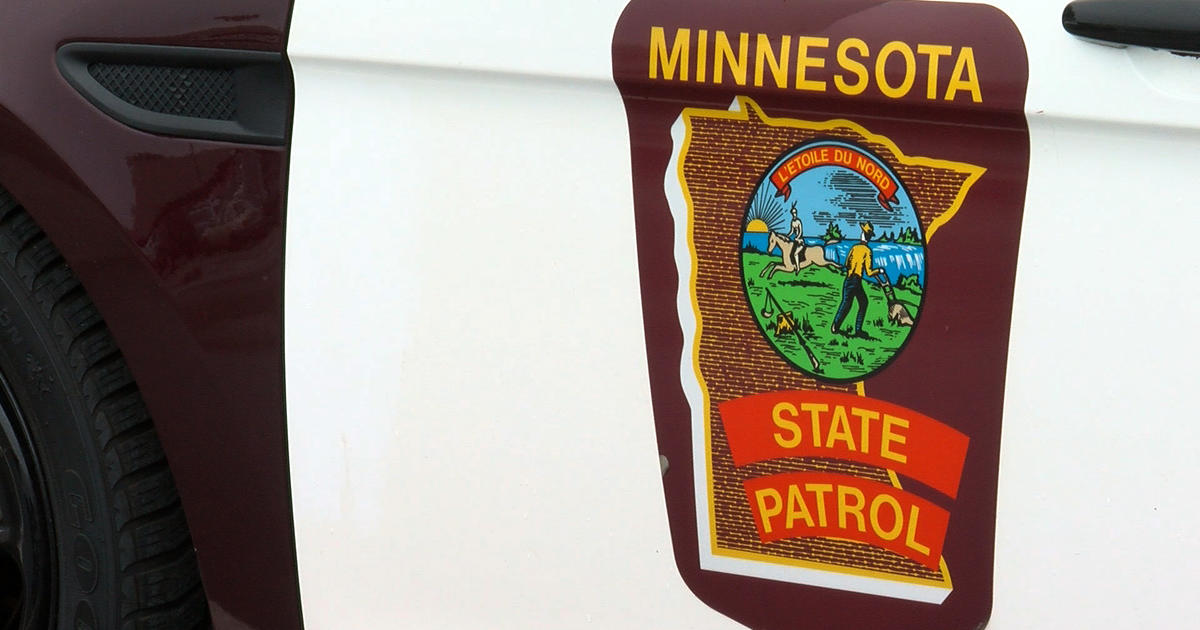Movie Blog: Spurlock Hustles His Shill
It may well be that documentarian-ringmaster Morgan Spurlock wears nothing these days but the extensively embroidered suit coat pictured above.
The jacket's real estate has been all but handed over to the logos and insignia of the companies, products and islands that helped produce what is, without one shred of hyperbole, The Greatest Movie Ever Sold.
Oops, I'm sorry, make that Pom Wonderful Presents The Greatest Movie Ever Sold.
The only place I haven't seen him wearing that jacket recently is in the documentary's one-sheet poster, in which those twenty-two logos have all been affixed onto his otherwise naked body -- JetBlue, Old Navy, Amy's.
And, of course, in that instance, the "nudity" is pointed. Spurlock's movie aims to be a completely transparent examination of just how movies are made, and what's at stake when what viewers (presumably) presume is either artistically or factually autonomous is actually bought and paid for by corporations with a vested interest in their investments.
Spurlock, who memorably committed to eating nothing but McDonald's meals in 2004's gut-churning Super Size Me, and who has taken his concept of stunt journalism into living rooms with his TV series 30 Days, turns the entire movie over to the process of funding the very movie you're watching.
With a few detours (including a visit with Ralph Nader that's like a swig of fresh water in a desert of po-faced meta-foolery), Greatest Movie is like an unapologetic, snarky, ugly manifestation of what showbiz really is, with Spurlock himself willingly turning himself into the world's biggest sellout in order to expose the cesspool that would spawn him. He comes on like the messiah of the Adbusters generation.
I got to sit down with Spurlock at the downtown Minneapolis Hyatt (not coincidentally, given Hyatt's logo is among the logos stitched onto his jacket) to talk about documentaries, Pump 'N' Munch and the Jackass effect. Here is some of that conversation.
-------
Q: So, did you approach McDonald's to fund this?
A: The whole idea was to create a documentary blockbuster -- a "doc-buster" -- and if you're going to have a summer "doc-buster," then you're going to need a fast food partner. You need the cups, you need the toys, you have to get kids to buy those meals to build excitement. So we called every fast food company, McDonald's being the first. And then we called Burger King, Taco Bell, Jack in the Box, In & Out Burger, literally all the way down the line. And when they all said no, then we said we need to go where you can get the collector cups, we need to go where you can get a Slurpee. We called 7-Eleven, we called Circle K, we called Sinclair ...
Q: The Pump 'N' Munch?
A: Yeah, we literally called every single one until ultimately someone said, "What about Sheetz?" And that's how we ended up with THE GREATEST CONVENIENCE STORE YOU'LL EVER SHOP IN. And when the film opens, in all the 400 Sheetz locations, there will be sold Greatest Movie Ever Sold collector cups.
Q: How many ounces in that?
A: It'll be 16. We wanted the big giant ones, but I said, "What's the most popular cup?" And that's why we ended up with a 16-ounce cup.
Q: How did you come up with this idea to be completely transparent about the business of filmmaking? Are you doing this movie as a comment on all the movies that don't admit to this style of funding?
A: That's part of it. I think the fact that we are being so forthright about it is a great thing, but the second thing is that it seems like there's been an explosion about how things are marketed just within the last couple years. Especially with the rise of TiVo and DVR culture. Literally, appointment television is gone. So I thought this would be a fantastic way to dive into the world of product placement and advertising and at the same time raise the money to make it happen.
Q: But it's not something people associate with documentaries.
A: What, transparency? (Laughs)
Q: No, people know that when they go to see Transformers, they're going to see Coca-Cola signs plastered somewhere in the background. But they don't usually think that when they go to see a documentary.
A: I agree and I disagree. Like, "everybody" knows fast food is bad for you. But I think there's a forest-for-the-trees mentality. We know it's there but we don't know it's there. We know there's a tree there, but we don't know how deep the forest goes. What we do with this film is we pull that curtain back. ... To see the conversations that happen, to see the negotiations that lead to X, Y and Z. The movie will change the way you look at film and television.
Q: You do a lot of meta-documentaries, where the subject of the movie is the movie itself.
A: The term that came out of Super Size Me was "Jackass journalism." Now it's become something else, because it's not all about self-torture. I'm putting myself into bad situations, but not like I'll get whacked in the nuts. I get whacked in my ego. This whole idea of immersive filmmaking, I personally get a lot out of, as a human being and as a filmmaker. What I hope happens is that it's a vicarious journey that I take you along. What I learn, you learn. What I feel, you feel. ... After getting rejected by 600 companies, you start to wonder (with me), what are they all trying to hide?
Q: Did the companies you got get residuals?
A: No, it's strictly co-promotional and an investment in their market strategy. And, believe me, the brands pushed back and said, "We should get our money back." Absolutely not. You don't get to advertise your product and benefit from it.
Q: So what do you think the twenty-two companies get out of this? Credibility?
A: There's an article that was just written in USA Today about why Hyatt did it. And I think there's a couple things. One, there's a chance to be visible and seen for an incredibly low amount. Some people paid nothing to be in the film, basically giving us co-promotion. They just gave us product. Then there's people who came on afterwards to promote it. But it's a chance to be associated with something that will ... already has generated a lot of press. I think for the 22 that did it -- and especially the core 15 who were onboard at Sundance, who really took the risk because, at that point, they didn't know what the f*** was going to happen -- it was a real risk-reward conversation to have internally. And the upside is the bigger piece of this: to be part of a critique on how this business works. And to be in on the joke. It makes them look incredibly smart and confident. (Looking at jacket) So you've got Carmex, THE GREATEST LIP BALM YOU'LL EVER OWN. You've got Trident Gum, THE GREATEST ...
Q: I see Amy's Kitchen.
A: Yes. We've got the island of Aruba.
Q: The island of Aruba?
A: THE GREATEST VACATION DESTINATION.
Q: So not only is it just companies. Is part of the comment of this movie is that everything is franchising?
A: You hit on something that's really important in the film, I think. One of the things I want people to go home with is, do we really want to live in a world where everything is brought to you by some sponsor? That's where we're going. There's a girl in the film that has a great line where she says, "I think we have enough advertising in the world. Do I really want to go to Red Bull High?" In a few years, my son might be lucky enough to go to Red Bull High.
Q: If not, he might be going to Pump 'N' Munch Academy.
A: (Laughs) That's right. Exactly.



